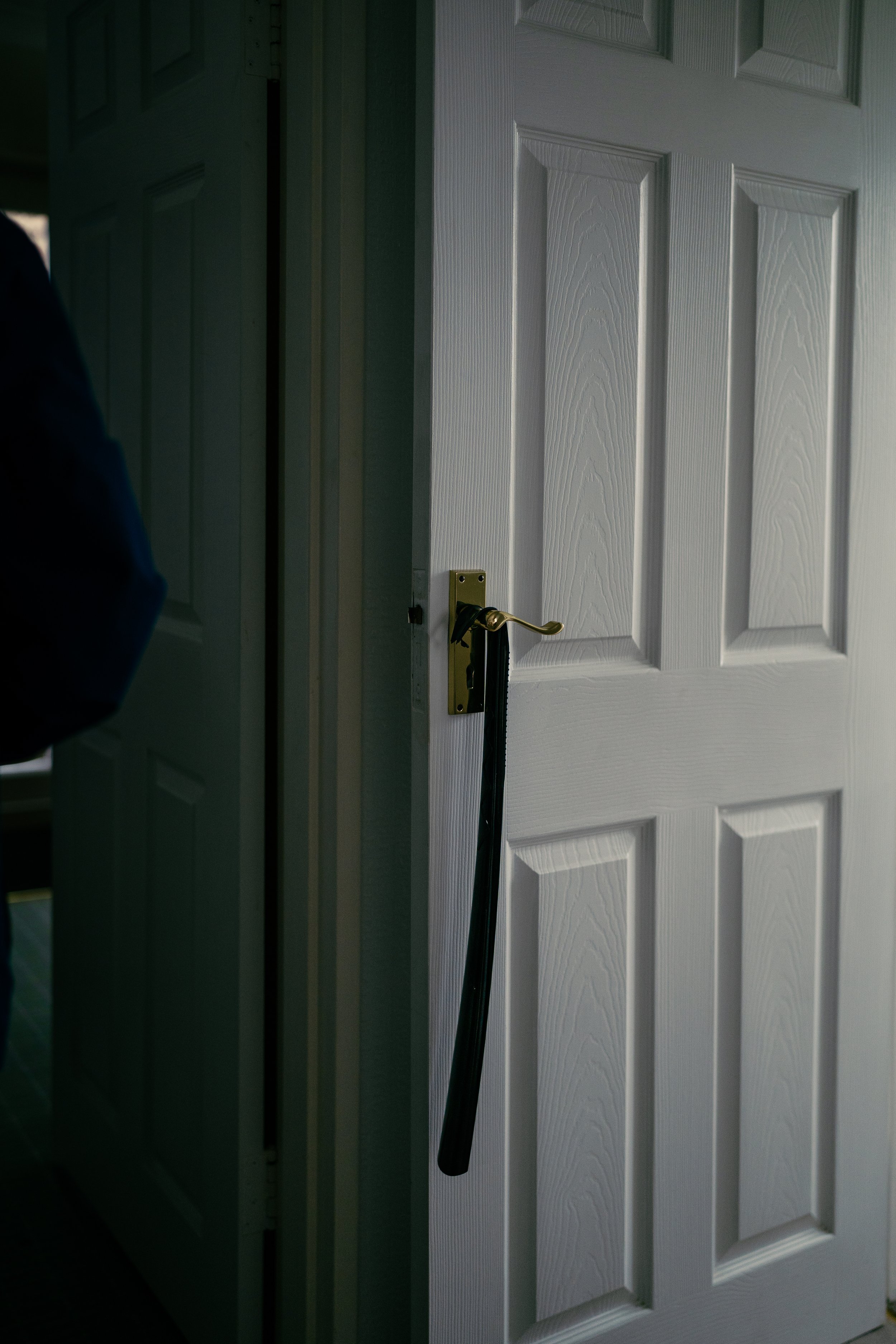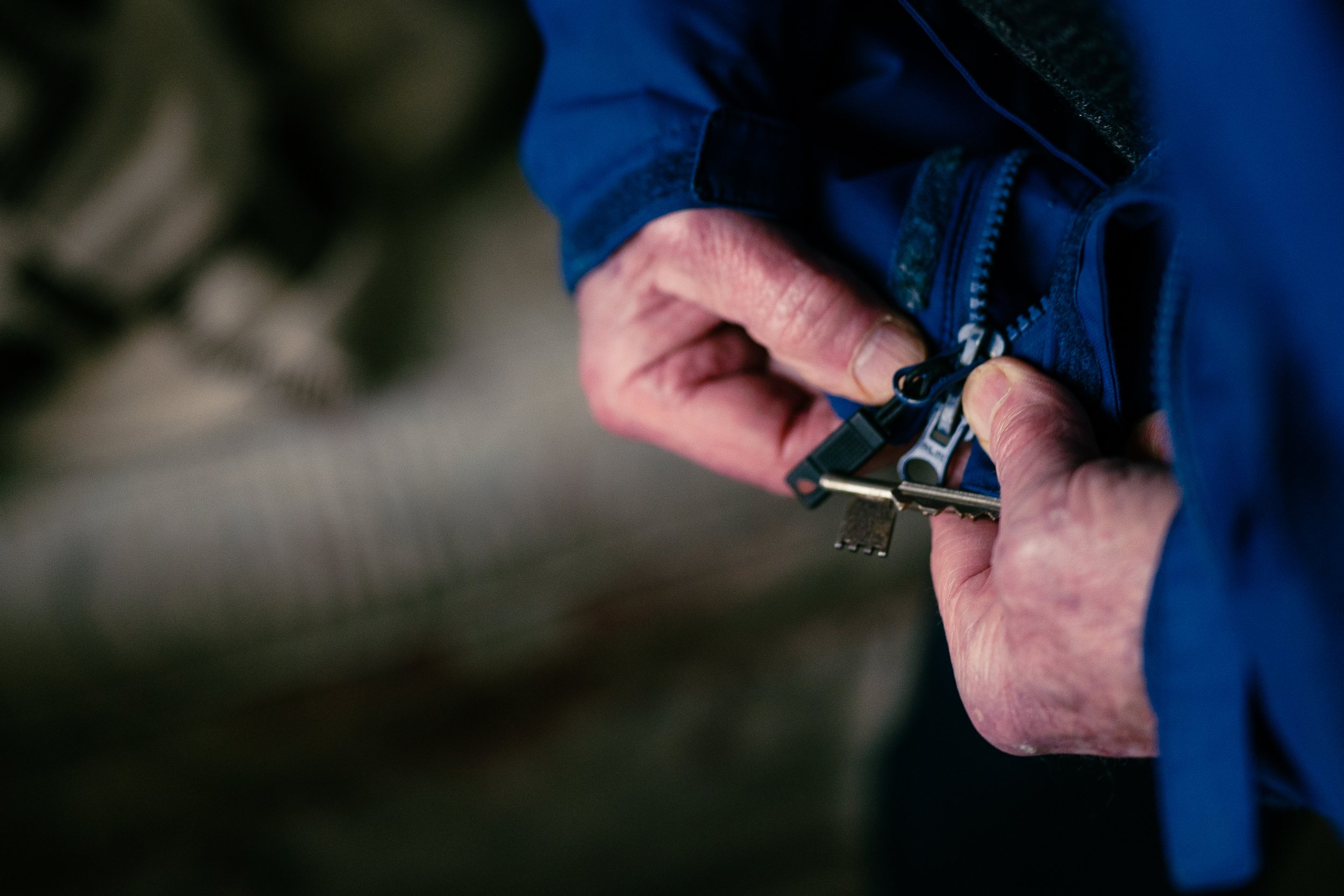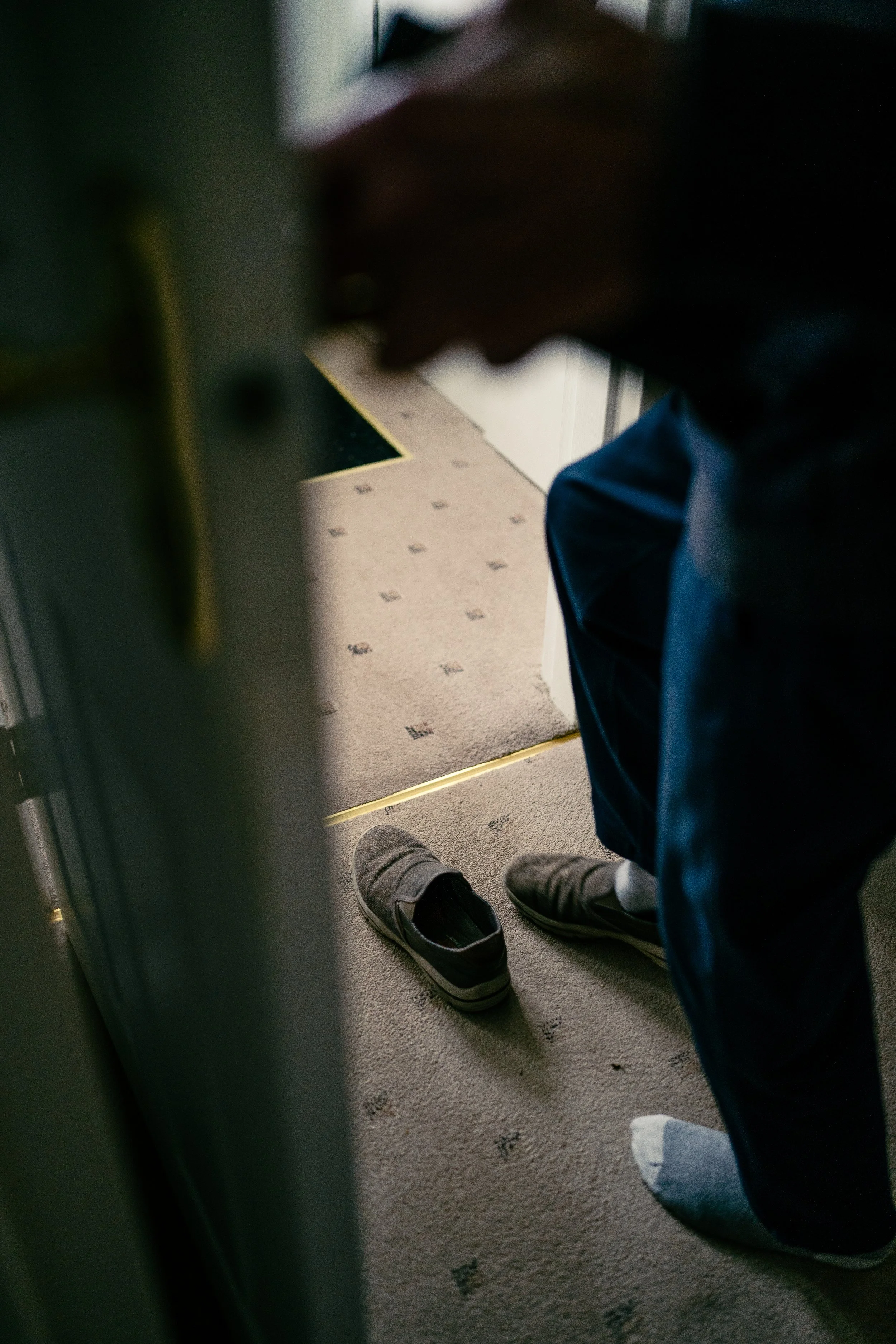Losing More Than Vision.
Have you ever wondered what it would feel like to lose yourself in the night? To close your eyes and wake up as someone unable to live in the body that has housed you for your entire existence. Have you ever wondered what it would feel like to relearn every skill you’ve ever gained? Even those you were taught as a child? Walking, writing, getting dressed, tying your shoelaces, zipping up a jacket, making a cup of tea. Maybe it’s unfathomable. Maybe it’s not. But, if it happened to you, how would you cope?
This is the reality for Richard, who lost all vision in one eye at age 91.








“It all happened overnight. I went to bed with a headache one evening and woke up the next morning not able to see out of my right eye. I thought I was dreaming. I opened and closed my eyes, lifted the blinds, washed my face, rubbed my eyelids, blinked and blinked and blinked until tears ran down my cheeks. But I still couldn’t see.”
It’s been a few months since Richard became partially blind and, although such a drastic change takes adjusting to, living on his own has meant needing to quickly adapt. To navigate through his home, slow movements ensure that he doesn’t lose balance, a light hand placed on surfaces and door handles allows him to pass from room to room, and placing objects near bright window light helps his working eye to focus on them. In addition to this, belongings have found specific places around the home to aid in finding them easily – walking poles sit by the back door and a shoehorn hangs by the entrance.
Richard explains how he has spent every waking moment trying to relearn fundamental life skills and that even the simplest of tasks feel impossible at times.“I’ve lost more than my vision. I’ve lost my independence” he says. He now relies on assistive aids, such as a magnifying glass to read and write, walking poles to get around safely, and a shoehorn to put on footwear. Laughing, he carefully makes a cup of tea whilst explaining that he sometimes misses the mug entirely.




As published in September 2021 by the Royal National Institute of Blind People (RNIB), more than two million people in the UK are living with severe sight loss impacting their daily lives. They estimate that “one in five people will live with sight loss in their lifetime”. This research revealed that “people with sight loss were more than twice as likely to have experienced difficulties with unhappiness or depression than the UK average” and over 40% experience feelings of isolation.
In response to this, the charity offers community connection and well-being groups, counselling, and independent living support as a few of their available services for those experiencing sight loss, acknowledging that there can be significant impacts on the mental health and well-being of those affected.






Since losing his sight, Richard’s independence, confidence, and well-being have taken a hit. “Some weeks I barely leave the house,” he says, motioning to the inside of his home as he gets comfortable in his armchair – a spot he now spends most of his time. However, with support from his family, he has reached out to the RNIB for help and now looks forward to RNIB-organised phone support groups. So, in this new season of loneliness, speaking with people is what gets him through the tough days, and getting his confidence back is a goal that motivates him when things are difficult.
“You never imagine it happening to you, but sometimes we just have to deal with what life throws at us.”
If you or someone you know is struggling to adjust to a change in lifestyle as a result of sight loss, get in touch with the RNIB at https://www.rnib.org.uk/living-with-sight-loss/